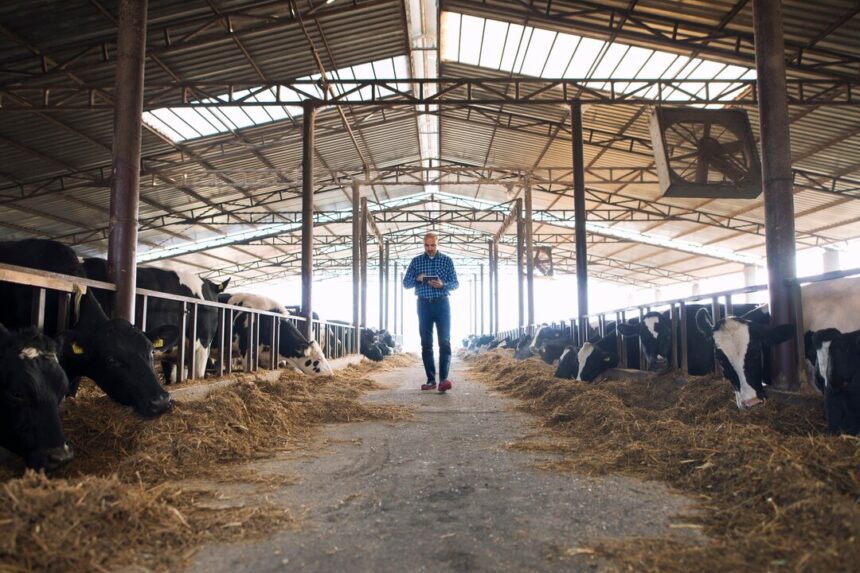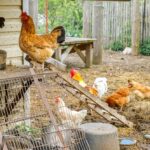Farm productivity is essential for the sustainability and profitability of agricultural enterprises. In South Africa, with its diverse climates and agricultural landscapes, maximizing productivity requires a combination of modern techniques and traditional practices. Below are practical tips to help South African farmers improve their farm productivity.
1. Adopt Precision Agriculture
Precision agriculture uses technology to optimize farming processes. Tools like GPS, drones, and sensors can help monitor crop health, soil conditions, and water usage. By applying inputs like fertilizers and water only where needed, farmers can reduce waste and improve yields.
2. Focus on Soil Health
Healthy soil is the foundation of productive farming. Conduct regular soil tests to determine pH levels, nutrient content, and organic matter. Add compost, practice crop rotation, and consider cover cropping to maintain soil fertility and structure.
3. Use Improved Seeds and Plant Varieties
Investing in high-yield, drought-resistant, or pest-resistant seeds can significantly boost productivity. Work with local agricultural extension services to identify the best varieties suited to your region.
4. Efficient Water Management
South Africa’s water scarcity requires efficient irrigation systems. Drip irrigation, rainwater harvesting, and mulching can help conserve water. Regularly check for leaks and ensure irrigation systems are optimized for minimal wastage.
5. Implement Integrated Pest Management (IPM)
Reduce dependency on chemical pesticides by combining biological controls, cultural practices, and resistant crop varieties. For example, introduce natural predators like ladybugs or use trap crops to manage pests sustainably.
6. Diversify Crops and Livestock
Diversification can reduce risks and increase income streams. Planting multiple crops or integrating livestock farming with crops (e.g., using animal manure as fertilizer) can lead to more sustainable operations.
7. Invest in Mechanization
Modern machinery can improve efficiency and reduce labor costs. Tools like automated planters, harvesters, and weeding machines save time and boost productivity. For small-scale farmers, consider renting equipment to minimize costs.
8. Embrace Technology and Data Analytics
Farm management software can track inventory, monitor weather patterns, and analyze productivity trends. These insights help farmers make informed decisions about planting, harvesting, and resource allocation.
9. Train and Educate Farm Workers
Empowered workers are more productive. Provide regular training on modern farming practices, safety protocols, and equipment handling. Encourage innovation and reward efficiency among your workforce.
10. Access Financial Support and Grants
Explore government subsidies, grants, and agricultural loans to invest in advanced equipment and technologies. Institutions like the Department of Agriculture and the Land Bank often have programs tailored to South African farmers.
11. Practice Sustainable Farming
Sustainable practices like agroforestry, no-till farming, and organic farming protect the environment while improving yields over time. By balancing productivity with conservation, farmers can ensure long-term success.
12. Stay Updated on Market Trends
Understanding market demands allows farmers to adjust production accordingly. Focus on high-value crops or livestock in demand locally and internationally. Diversify markets to reduce risks associated with price fluctuations.
Improving farm productivity in South Africa requires a blend of traditional wisdom and modern innovation. By focusing on soil health, efficient water use, sustainable practices, and leveraging technology, farmers can enhance their yields while conserving resources. With these strategies, South African farmers can thrive despite challenges such as climate change and resource constraints.
Join 'Farmers Mag' WhatsApp Channel
Get the latest Farming news and tips delivered straight to your WhatsApp
CLICK HERE TO JOIN






